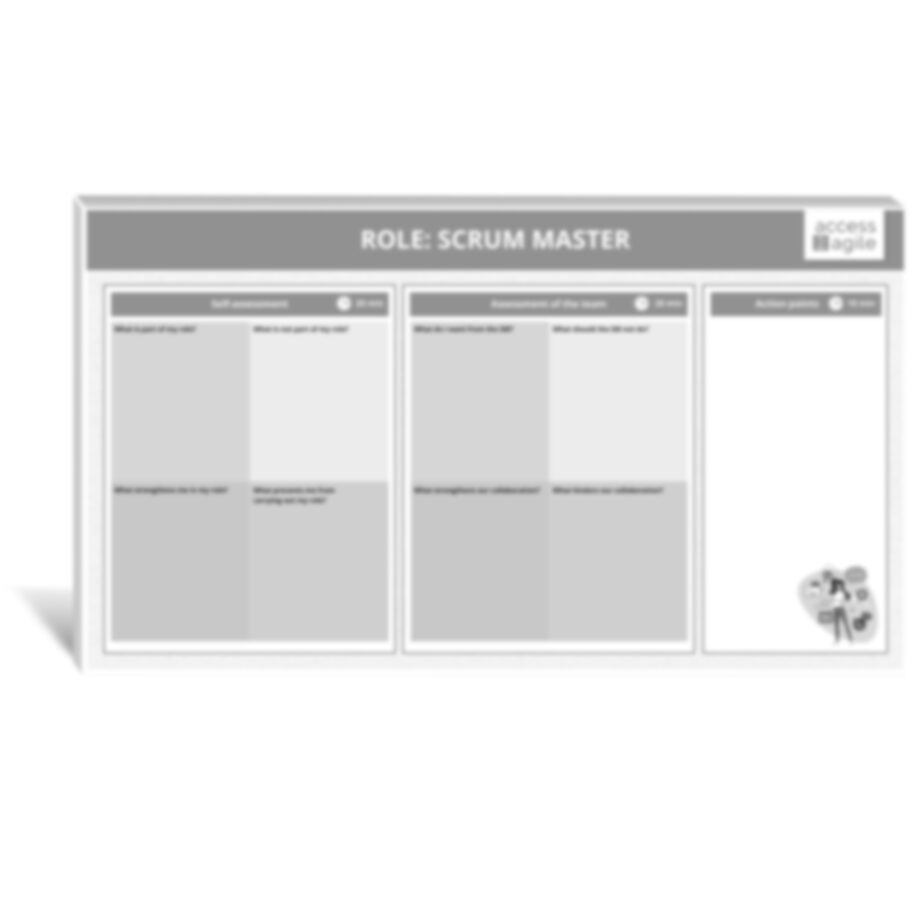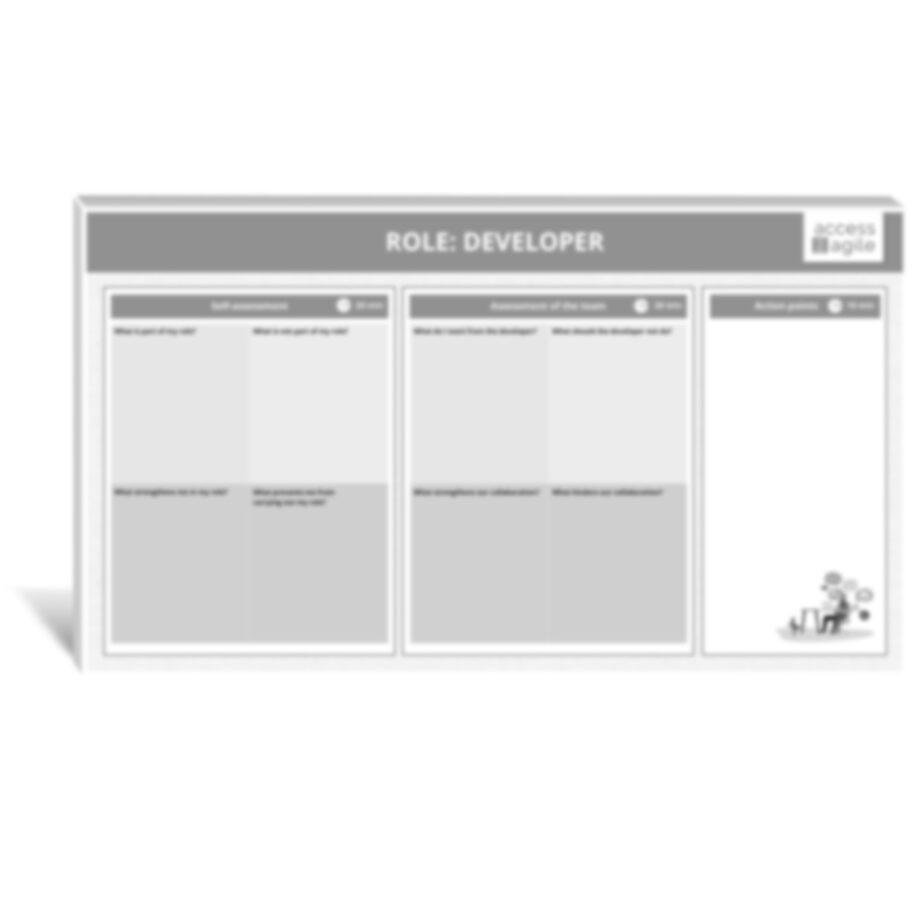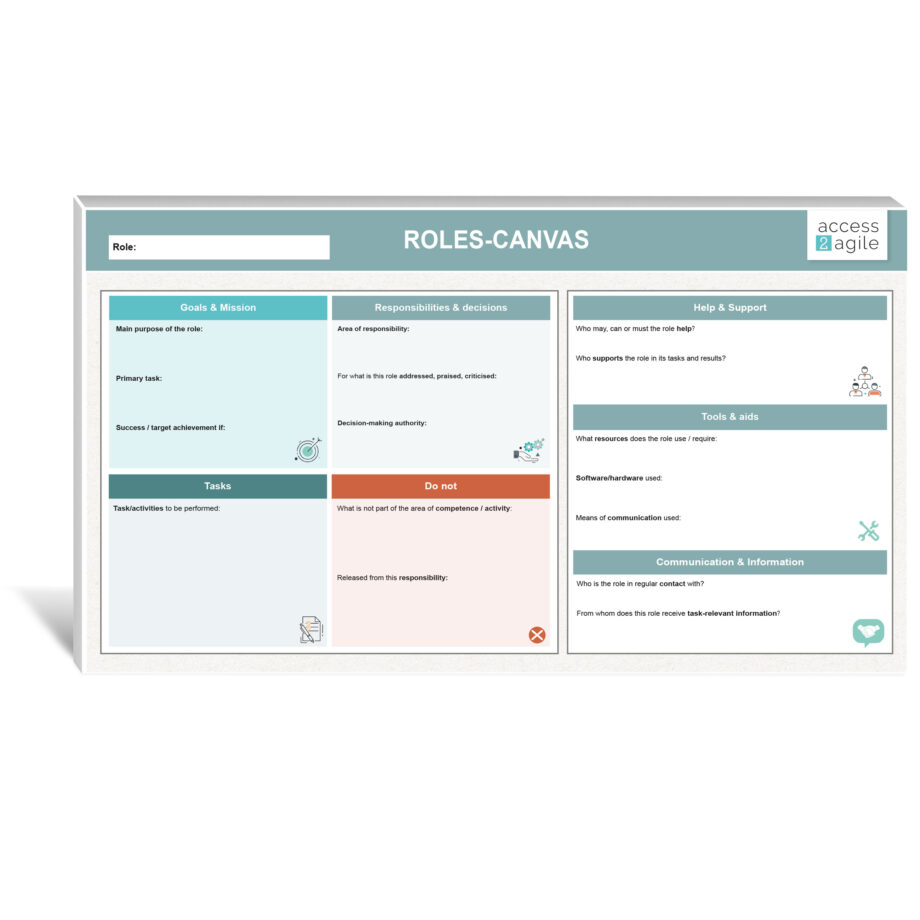The successful implementation of common goals and the success of a team depend largely on individual roles in the dynamic world of teamwork. Identifying the strengths and talents of each team member and assigning roles that make optimal use of them not only increases effectiveness, but also the satisfaction of team members, as they can work in areas in which they are particularly good.
Roles within a team can be flexible and needs-oriented in the respective context. They are not relevant to remuneration and a person can take on more than one role at the same time. Roles within a team can be flexible and needs-oriented in the respective context.
In contrast to pure “positions”, roles are not only defined by their specific tasks and responsibilities, but also by the individual strengths, talents and the contribution that each team member can make at different levels. Each member contributes specifically to the overall performance and helps to achieve the set goals. The conscious assignment of a role forms the basis for balanced and cooperative teamwork. It is therefore very important to identify the various types of roles and to understand how they jointly contribute to achieving the team’s goals.





